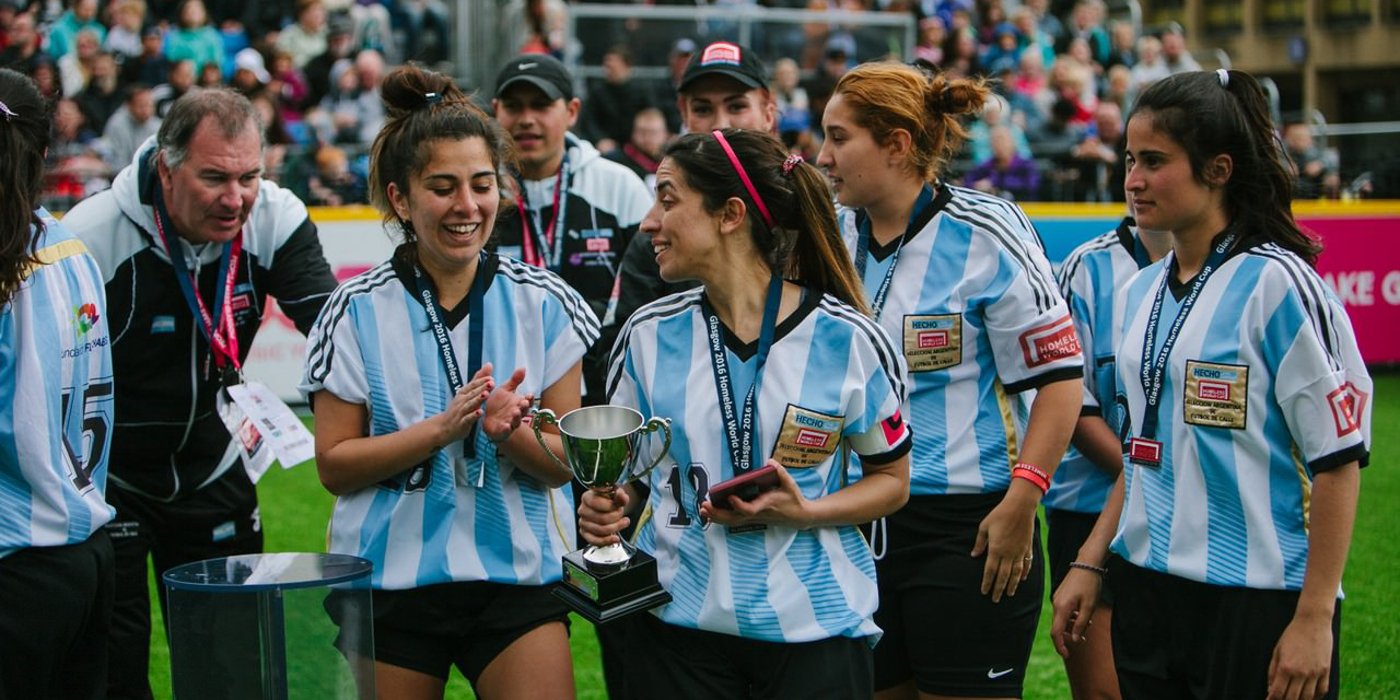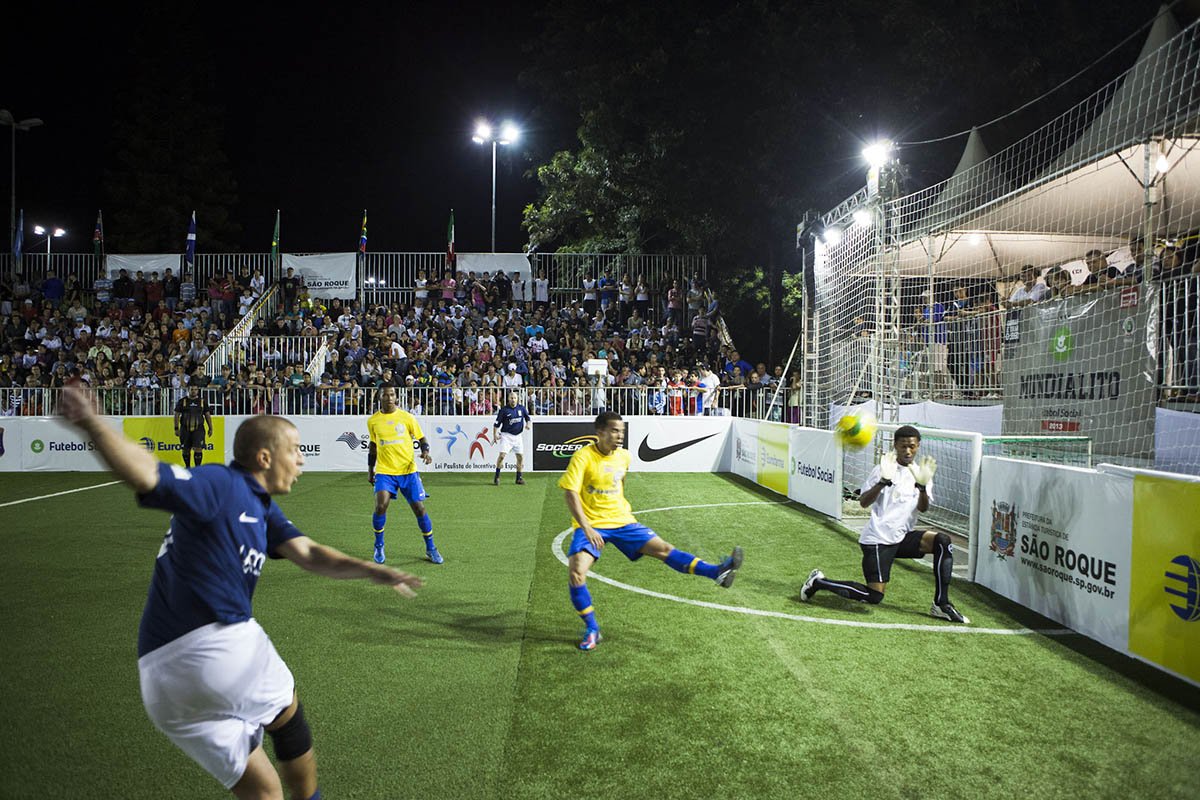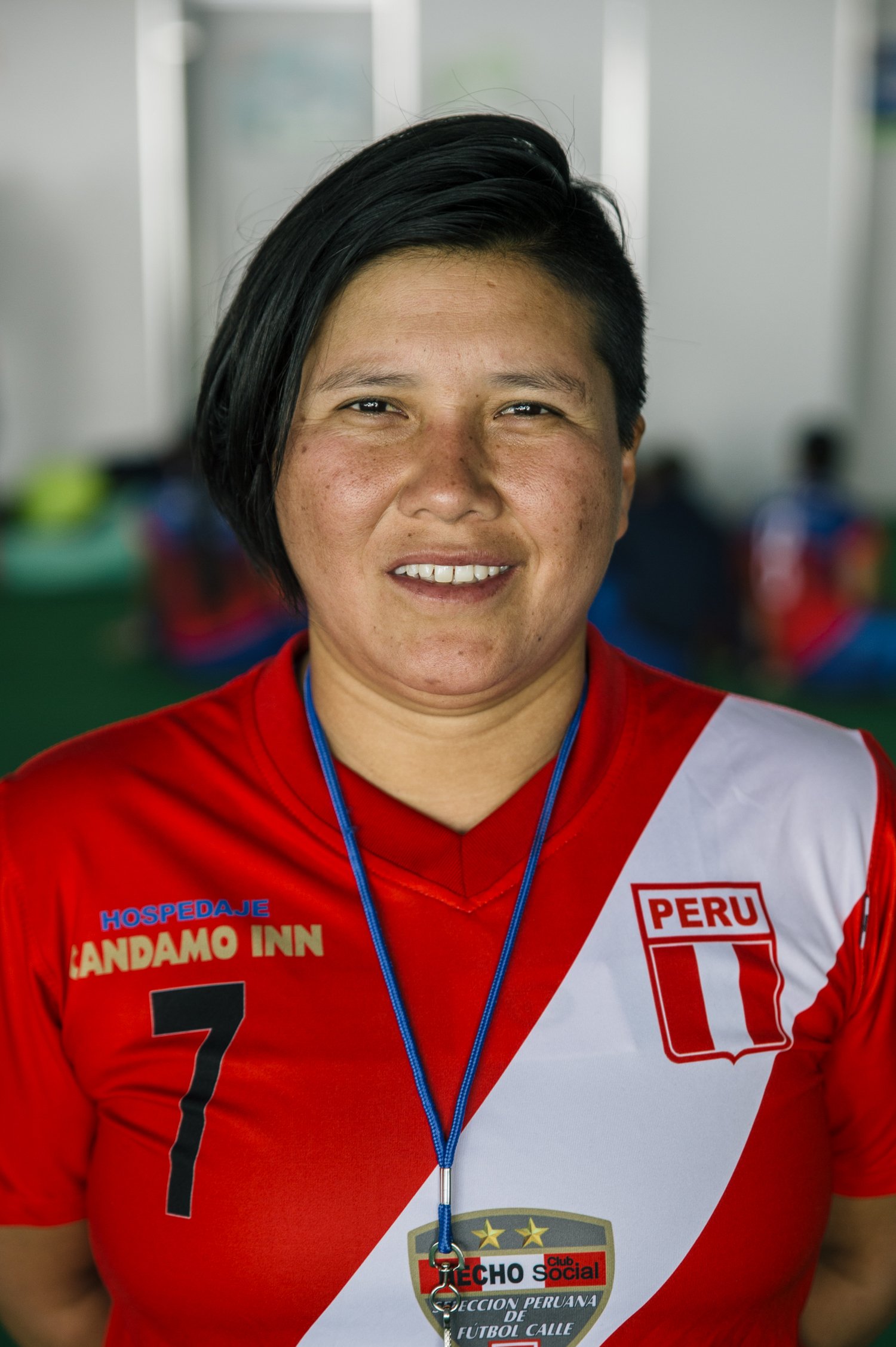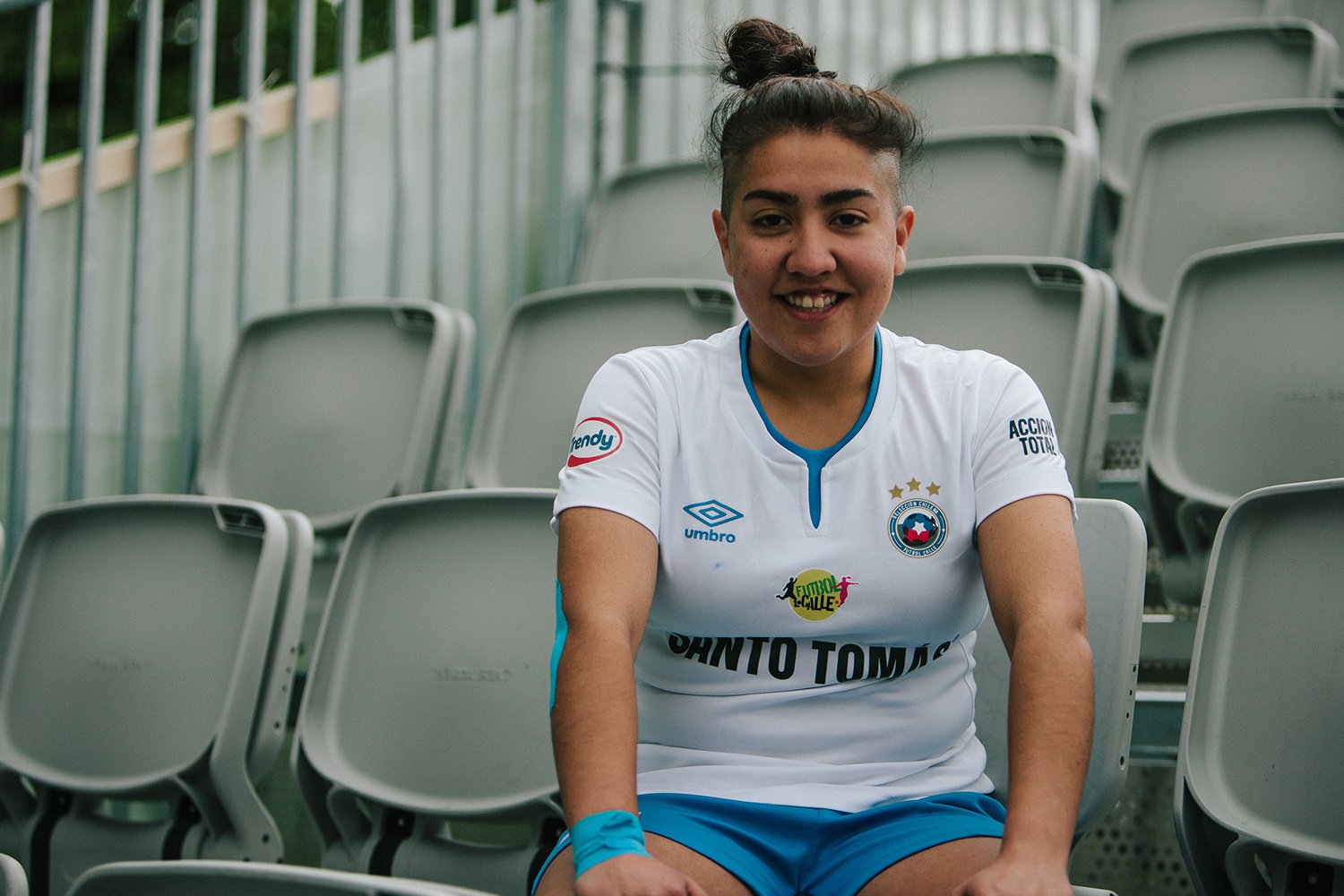
Argentina
HECHO CLUB SOCIAL
Team Argentina is organised by Hecho Club Social (HCS), the street football subsidiary of Buenos Aires street paper Hecho.
HCS offers socially marginalised people the opportunity to practice sports and be part of a group three times a week, in an environment where diversity is encouraged and everyone is accepted. Their goals are for players to increase self-esteem, develop a sense of belonging, strengthen relationships, and recover a positive outlook in life.
Country statistics
46 out of 189 in Human Development Index rankings (UNDP 2020)
$20,000 Average salary per person (World Bank 2020)
18% of the 330 million population live below the poverty line (World Population Review 2021)
Since the early 1990s, Argentina’s economy has been marred by crippling debt. Printing money to pay off the debts has led to soaring inflation over the last two decades, often reaching more than 50%. Subsequent austerity measures saw severe rises in cost of living, leaving more people unable to afford a home.
Shelters in Buenos Aires are at full capacity, but since most are single sex occupancy, families often prefer staying on the streets rather than splitting up. They live outside shopping centres, bus stations and parks in precarious shelters of cardboard, fabric or debris left in the streets. Some local civic groups estimate the homeless figure for the capital city alone stands at around 8,000 people. Buenos Aires Times, 2019
It’s not only the homeless demanding beds in shelters. Residents from the suburbs are increasingly choosing to stay in the city from Monday to Friday to avoid spending on public transportation. Workers earning the minimum wage need all their money to spend on rising food prices with none left for a daily commute. Buenos Aires Times, 2019
The Covid-19 pandemic highlighted the appalling sanitation conditions in both poor rural areas and slum areas of the large cities. World Habitat, 2021 estimates 6 million Argentinians do not have access to a bathroom inside their home. This not only risks spreading disease, but also makes women and girls more vulnerable to rape and other forms of gender-based violence. The right to housing is not fulfilled if people don’t have exclusive access to bathrooms.
STORIES From the region








